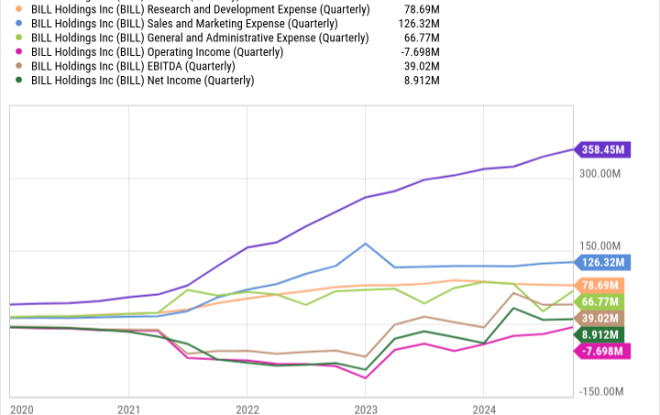Why Younger Boomers Are Saving Less – And How to Build a Solid Retirement
SmartAsset and Yahoo Finance LLC may earn commission or revenue through links in the content below.
Younger baby boomers significantly lag older baby boomers in retirement savings by an average of more than $50,000, according to a new study from the Center for Retirement Research at Boston College. The study attributes the lag in savings to the 18-month-long Great Recession and, to a lesser extent, the changing demographics of younger baby boomers.
Consider working with a financial advisor to maximize your retirement net egg.
The research focuses on the retirement savings of those born from 1946 to 1964. It finds that the youngest cohort of this generation, those born from approximately 1958 to 1964, have combined retirement assets averaging $299,700 – including pensions, Social Security benefits and personal savings averaging. By contrast older baby boomers have an average of $350,000 or more.
The researchers used the Health and Retirement Study to look at actual patterns of wealth accumulation by cohort and the Survey of Consumer Finances to gather insights on the experience of older boomers over their work life.
The study attributes the relatively low level of retirement savings by late baby boomers to two factors, the Great Recession, which started in late 2007, and the changing demographics of younger baby boomers.
Before the end of the Great Recession in June 2009, unemployment soared to 10%, hitting many younger boomers – aged 42 to 49 at the time – during their peak earnings years. Even those who managed to keep their jobs faced losses, as many employers slashed salaries and stopped matching employer contributions to workplace 401(k) retirement accounts.
The link between work and wealth accumulation declined significantly for younger boomers, compared to older boomers, reducing their retirement wealth by $55,600 more, the report says.
The decline in wealth, the study concludes, “is a Great Recession story.”
The study also attributes some of the difference to demographics: A higher percentage of Black and Hispanic households comprise the younger baby boomer cohort.
“Black and Hispanic households have less wealth than White households, so when they increase as a share of the total population, average cohort wealth will decline,” the report states. “Similarly, a decline in the percentage of households married or with a college degree will bring down the average. These changing demographics, along with a decline in work activity, accounted for 29 percent of the total decline.”




Leave a Reply